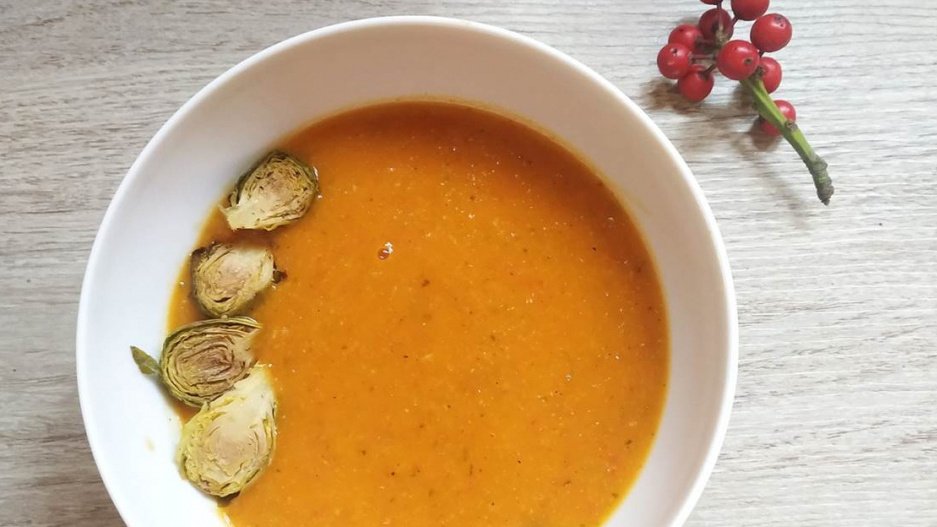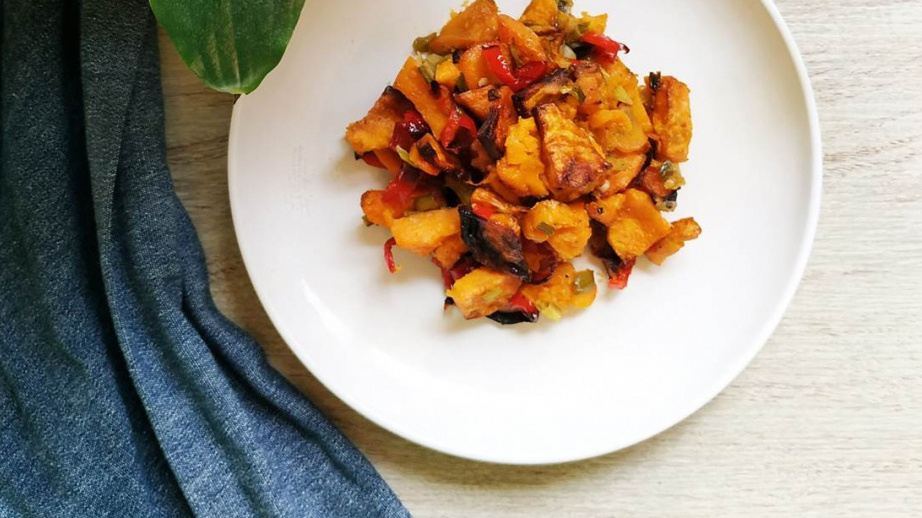As a mom with a baby and a very lucky person to have such a large circle of good friends and family, I often find myself entertaining at our home. I didn't have to cook for the baptism since we only offered a sweet treat along with the favors, but I am thinking of doing so for her birthday in a couple of weeks. I have a couple of family members and friends with food restrictions and I came up with this short guide to address them in case you need some tips too.
Firstly, let’s define what “dietary restriction” means, as it’s not the same thing as just trying to find food that your guests will like.
A dietary restriction is something that has to be catered to. You can’t make something and hope it’ll pass muster; you have to keep it at the forefront of your mind when you’re preparing your meal. This does, of course, mean more work; but there’s no doubt it will be gratefully appreciated by your guests.
Types Of Dietary Restrictions
There are many dietary restrictions to keep an eye out for. That’s why it’s always important to ask your guests prior to your event if they have any that you should know about. You can do this with a quick conversation or, if you’re sending formal invites, request to be informed of any such issues on the RSVP.
You may encounter a variety of different dietary needs, but the most common are likely to be:
Vegetarian
Most of us know what a vegetarian is. For the most part, they don’t eat meat. Whether or not they will eat items such as eggs is often a personal choice, so ask for clarification if necessary. Our baby's sweet god-mom is one and we always try to accommodate her.
Vegan
All the restrictions of a vegetarian, and then moreso. Vegans don’t eat anything that comes from animals, be it meat, milk, butter, or even honey (which is derived from bees). You will need to be very stringent on the items you choose for a vegan, studying packaging plenty - some basic items will often have animal components that you would never have imagined.
Gluten Free
While a health trend, gluten free does have a real purpose, too: it’s an essential for those who suffer from Celiac Disease. Gluten is found in bread, grains, and anything containing malt (such as vinegar). You also should not use cooking equipment that has been in contact with anything containing gluten, as contamination is a big issue for Celiacs.
Religious Diets
There are two main religious dietary restrictions. The first is halal, which is a dietary need for those of the Islamic faith. It primarily centers around meat. The second is kosher, which is the need for those of the Jewish faith. Particularly with the latter, as with gluten free, you will need to be careful with the cooking equipment you use in case of contamination.
Allergies
A brief mention for allergies, though dealing with allergies is far simpler than negotiating with all of the above. If a guest informs you that they have an allergy to a particular food, it’s very easy to handle: just don’t use it. This is essential, as allergies can result in an immediate, life-threatening condition called anaphylaxis. There’s no workarounds or adaptations you can do with allergies; just utterly avoid the item in question.
So, when you know what the dietary restrictions are, you have to try and figure out how to put together a meal that works. Let’s move on to a few essential dos and don’ts for handling this situation.
DON’T: Just Expect Your Guest To Pick and Choose
One of the rudest things you can do is expect your guest with a dietary restriction to deal with it themselves. So, don’t just put together a meal as you normally would and expect them to pick and choose what they can eat. If you do that, you’re not being truly considerate of their needs - and you’re probably forcing them to eat very little. You don’t want a situation where a vegan is left with nothing to eat but a plate of potatoes, or someone of the Jewish faith just decides to eat nothing because they don’t know what they can trust.
It might be inconvenient, but part of entertaining is about getting these things right. So go the extra mile to accommodate their needs.
DO: Think Of Good Recipes That Work For Everyone
Food created with a dietary restriction in mind doesn’t have to be unpleasant. If you look around, you will quickly find that there are plenty of foods that take into account a dietary need but which can be enjoyed by everyone. For example, this vegan recipe for sugar cookies should go down well with all your guests, while this gluten-free lasagne should appeal to all guests. As for the meat restrictions on kosher and halal food, every guest will be able to eat applicable meat without being any the wiser.
DON’T: Ignore The Restriction
It’s important to mention this because, sometimes, it can be tempting. “How will they ever know?” you think, going ahead and doing what you would normally do. First off, this is just plain rude. Secondly, there’s every chance they will find out, and then you could have scorched a friendship for no good reason. People with dietary restrictions should be given the respect they deserve, and you will be a better friend for catering to them.
DO: See This As A Chance To Experiment
While catering to these issues might make life more difficult in some regards, it’s also a challenge to you as a cook and a host. If you can try and frame it in your mind as a positive thing, a chance for you to test yourself, then it should morph from a chore into something that you actively enjoy. You might even find that you discover recipes you never normally would have tried, but which you love and want to make again.
DON’T: Impress Upon Your Guest The Length You Have Gone To
Again, this can be tempting: “it took me three hours to find kosher salt!” you might be tempted to say. However, this is just going to make you look petty and your guest feel awkward. Instead, don’t make any mention of it besides acknowledging that you have prepared a meal that they will be able to eat without any concerns.
DO: Give Yourself More Time To Shop
Sourcing ingredients that you’re unfamiliar with is going to take longer than your normal shopping, so keep this in mind. If there’s something you’re having problems finding in grocery stores, then check online; there’s a plethora of sites which cater to dietary restrictions and have ingredients galore.
Good luck! And lot's of love


















